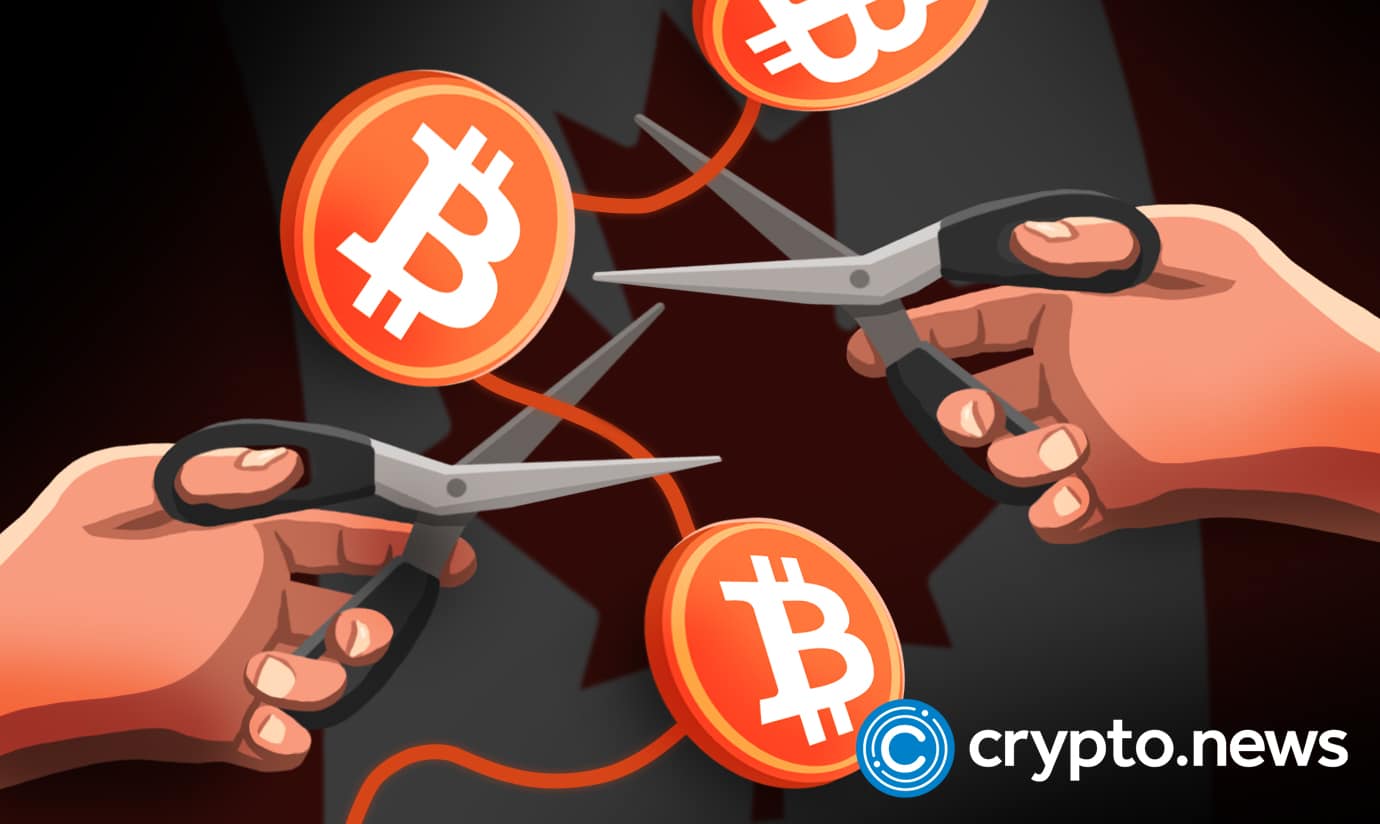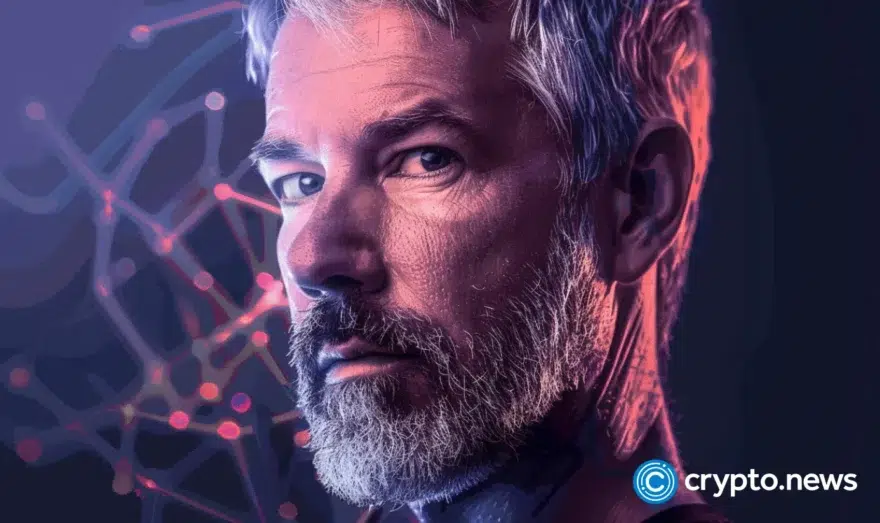Canada’s ‘Handling’ of the COVID 19 Protest Fuels Debate on Decentralized Economies

Hard protests have rocked Canada due to its strict COVID 19 protocols. The country invoked the National Emergency Act to deal with ‘rogue’ protestants, but it has given the government power to ignore important financial protocols. The government can access bank accounts and freeze them without a court order. As a result, Canadians are going BTC, and the government is under scrutiny from prominent figures and authorities.
Trudeau’s Financial Rules Against the Protestors Ignite a Debate on Cryptocurrencies.
The Canadian government is under pressure to control the chaos following its decisions to regulate the ongoing truckers’ protests. The government chose to invoke the National Emergency Act, which gives authorities insane power levels over the people. The Act legally allows the authorities to surveil and freeze bank accounts funding the protestants without a court order.
After arresting several truckers and freezing some bank accounts, the government has shown how ruthless it can be. Following the strict rules in Canada, citizens are withdrawing their money from the banks in fear of a freeze. The governments’ actions have also attracted scrutiny from people worldwide.
The protests have led to many reconsidering how they view Bitcoin and the decentralization of economies. On Monday, Ruby on Rails web developer and framework creator tweeted that he was no longer a BTC skeptic.
“I still can’t believe that this is the protest that would prove every Bitcoin crank a prophet. And for me to have to slice a piece of humble pie and admit that I was wrong on crypto’s fundamental necessity in Western democracies,” he wrote.
In his blog post titled “I was wrong, we need crypto,” the Danish programmer explained that he was against the industry since 2010. He said his views were on some drawbacks like climatic impact, high power usage, fraud, transaction fees, and the lack of real-life need for decentralization.
However, the tables have turned, and he now sees the need for decentralization in the economy. In the post, he continued:
“It’s clear to me now that I was too hasty to completely dismiss crypto on the basis of all the things wrong with it at the moment. Instead of appreciating the fundamental freedom to transact that it’s currently our best shot at protecting.”
Centralization of Power in Canada Shows Why a Decentralized Economy Is Needed
Following Trudeau’s rules, Canadians have over withdrawn their fiat, causing some major banks and ATMs to go offline. Morgan Creek Digital co-founder Anthony Pompliano said that the Canadian authoritarian moves would fuel BTC adoption.
As if the Canadian government does not have enough on their plate, the OSC is going after Kraken and Coinbase’s CEOs for their tweets regarding the saga. Kristen Rose, OSC’s manager of public affairs, said that they are aware of the tweets from CEOs Jesse Powell (Kraken) and Brian Armstrong (Coinbase).
She said they shared the tweets with the RCMP and other federal authorities. The duo criticized the decentralization of power in Canada while campaigning for non-custodial wallets. These wallets are controlled individually, making it hard for the government to freeze assets.
Regarding non-custodial wallets, coinbase has partnered with Ledger to release a limited edition of coinbase supported Nano X hardware wallet. It has also promised support for Kraken and the others.
When asked about the situation in Canada, ETH co-founder Vitalik Buterin branded it as ‘dangerous.’ On the government attempt to cut off the finances of the truckers, he noted:
“This concept of going after intermediaries and basically using intermediaries as a way to bypass all that is dangerous.” He added, “They (the government) just want to talk to the banks and basically cut out people’s financial livelihoods without due process (…) that is an example of the sort of thing that decentralized technology is there to make more difficult.”
Buterin also supplemented his comments saying:
“It’s not about being lawless, it is in some ways about bringing rule of law back.”
He is among the many who agree that decentralization is needed in the community. Since Canada has set an example of abuse of centralized power, it remains to be seen how the whole saga will transform the world’s take on cryptos.
















